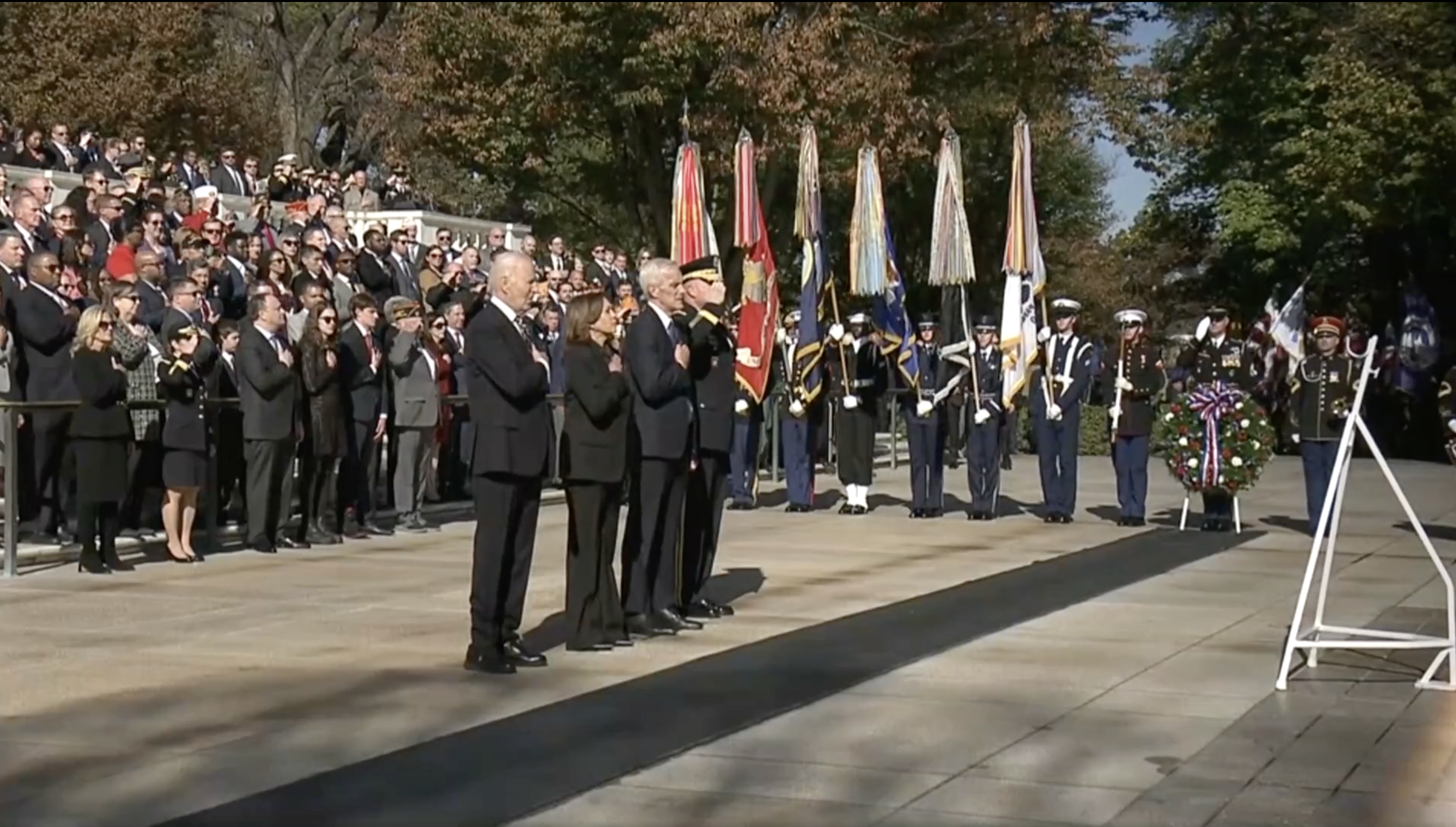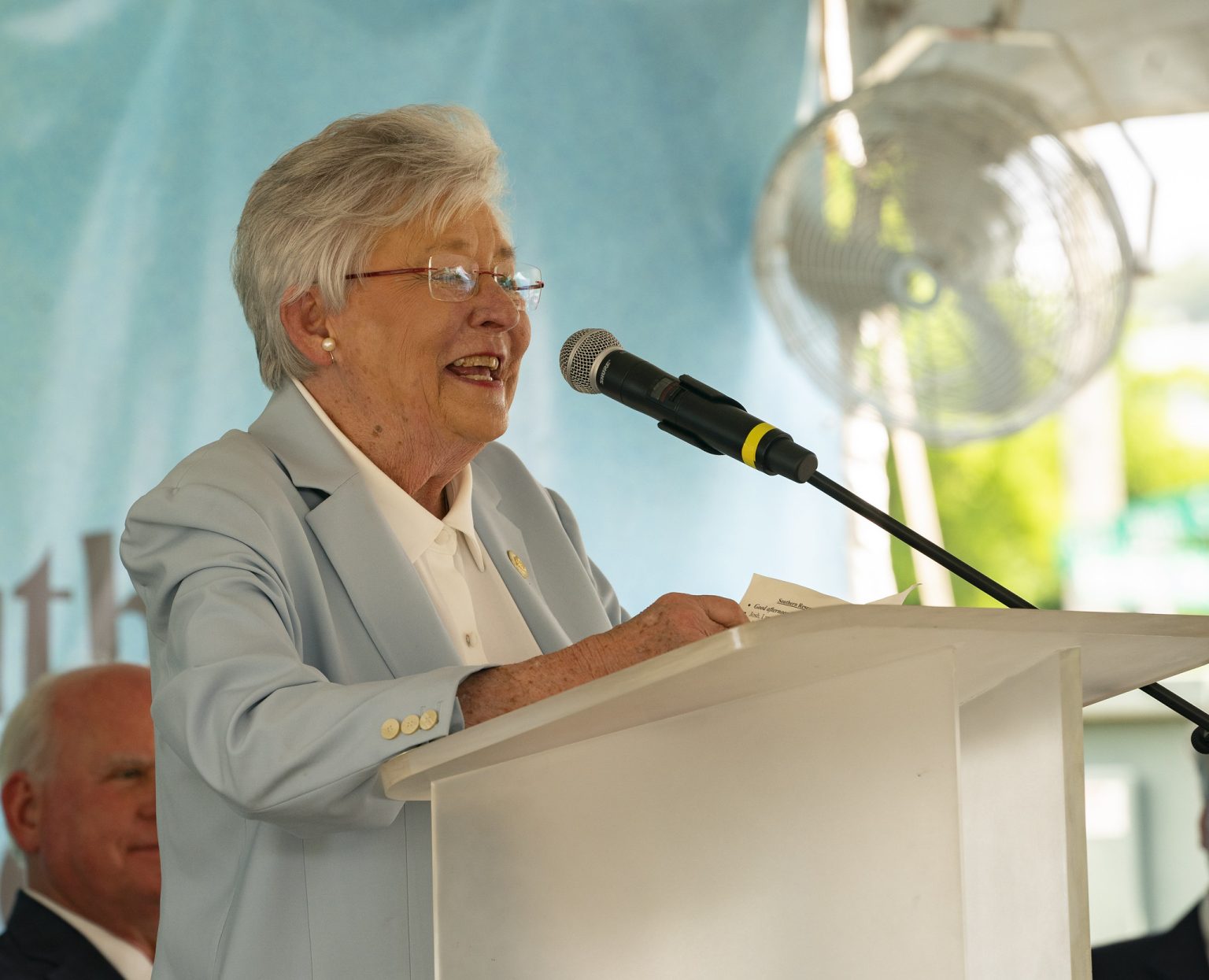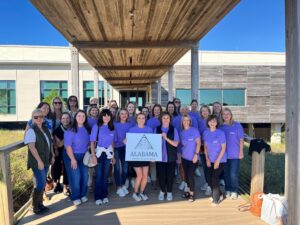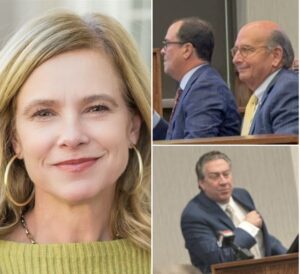 Each new football season is a time for celebration. Unfortunately we see too many stories about players’ misdeeds, and more troublingly, authorities sometimes looking the other way and enabling bad acts. Yet despite the negativity, many current and former players make great contributions to our communities. Numerous examples can be found in the finalist profiles for the NFL’s Walter Payton Man of the Year award. The assistance players provide particularly to former teammates illustrates how Americans assisted each other before our modern welfare state.
Each new football season is a time for celebration. Unfortunately we see too many stories about players’ misdeeds, and more troublingly, authorities sometimes looking the other way and enabling bad acts. Yet despite the negativity, many current and former players make great contributions to our communities. Numerous examples can be found in the finalist profiles for the NFL’s Walter Payton Man of the Year award. The assistance players provide particularly to former teammates illustrates how Americans assisted each other before our modern welfare state.
But let’s consider some ways that players assist former teammates. For example, Juan Bautista graduated from medical school after playing special teams for Fresno State. Players with a chance to play professionally frequently drop classes after finishing their senior season to prepare for the NFL draft, and later may be unable to afford tuition. Dr. Bautista started a foundation to help former Fresno players complete their degrees.
Miami coach Mark Richt recently started The U Network to help former Hurricanes. Networking connects players with former teammates and potential employers. Coach Richt had previously built such a network when coaching at the University of Georgia.
Assistance can extend to teammates’ children. Alabama fans might recall the connection between Heisman Trophy winner Mark Ingram’s parents and Tide Coach Nick Saban. Mark Ingram Sr. played at Michigan State. Coach Saban was on the MSU staff, and while ensuring that players attended class, he met Ingram Sr.’s future wife Shonda. After playing in the NFL, Mark Ingram Sr. unfortunately ended up going to prison. And yet a football connection helped Mrs. Ingram keep her son on the right track and eventually led him to Tuscaloosa.
Why is this relevant for welfare policy? It might be hard to imagine today, but America did not have a government welfare state until the New Deal. The 19th Century witnessed rapid economic growth, but America was not yet as rich as we are now, so hard times arguably had a greater impact on people than today.
Americans still helped others, with organized aid supplementing individual and church-based assistance. University of Alabama historian David Beito has documented the assistance provided by fraternal societies like the Odd Fellows and Woodmen, who offered rudimentary life insurance. Many of these groups evolved from associations set up to assist families of workers killed in dangerous professions, like fishing and whaling.
Voluntary groups assisted after natural disasters long before we had FEMA. Economist Emily Skarbek detailed how the Relief and Aid Society distributed millions of dollars of aid to and constructed temporary housing for victims of the Chicago fire. Pittsburgh’s leading citizens similarly assisted after the Johnstown Flood.
Football players and fraternal orders helped individuals known to the donors, even if the connection was weak. For example, Miami alumni who never played football sent recruiters to The U Network’s job fair. We are more generous when we have a connection with the people needing assistance.
A personal connection allows us to tell if external factors create a need for assistance. Americans have never liked giving alms to the irresponsible. Professor Beito, for example, describes how one 19th Century fraternal organization expelled “Drunkards” and members who played “Cards, Dice, or other Gaming” at meetings. Furthermore, we generally only assist those closest to us when poor choices have created distress.
Do fraternal orders or the bonds of teammates provide an alternative to government welfare in modern America? Perhaps not. When community groups and churches provide assistance, persons without connections may not receive help. Government assists strangers and those lacking personal connections to benefactors. On the other hand, America’s welfare system, I think, has always been based on compassion and not a right to assistance.
In recent decades, many governments have contracted with nonprofit organizations to deliver social services. In part, this is because nonprofits often provide help more effectively and compassionately than government bureaucrats. So perhaps we are using our past to chart a new course for welfare.
•••
Daniel Sutter is the Charles G. Koch Professor of Economics with the Manuel H. Johnson Center for Political Economy at Troy University and host of Econversations on TrojanVision. The opinions expressed in this column are the author’s and do not necessarily reflect the views of Troy University.
Related
Share via:














